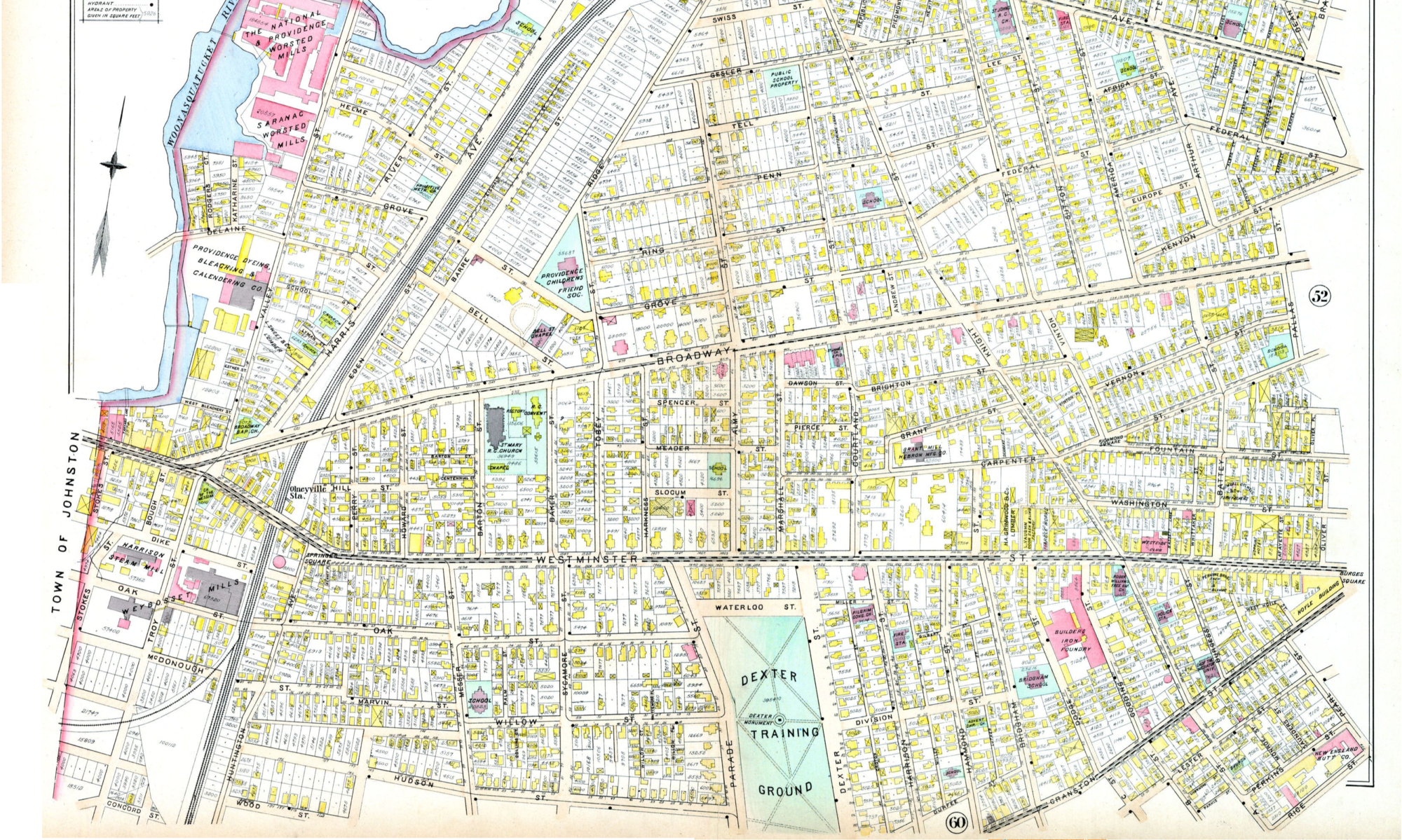 I have been following and vigorously posting to Facebook all information about the Occupy Wall Street protests. I’m doing this because the protests are exciting. Change happens in a democracy when people are energized enough by issues to get up and demand more of politicians. Those demands need to be loud (read: great passion and lots of people), otherwise politicians will just buzz along, doing what they do best: wheeling and dealing. It is our civic duty to make it politically necessary for them to behave.
I have been following and vigorously posting to Facebook all information about the Occupy Wall Street protests. I’m doing this because the protests are exciting. Change happens in a democracy when people are energized enough by issues to get up and demand more of politicians. Those demands need to be loud (read: great passion and lots of people), otherwise politicians will just buzz along, doing what they do best: wheeling and dealing. It is our civic duty to make it politically necessary for them to behave.
Occupy Wall Street has been criticized a lot by pundits for a couple things in particular. First, that they don’t really have specific and cohesive demands, and instead are full of people protesting for everything. Second, that they’re uninformed, and don’t know the first thing about the financial industry.
But the organizers are a step ahead here. By embracing a multiplicity of concerns, they focus the energy of the protest on the “Other 99%” or just the “99%”. That’s fantastically strategic, because it allows anyone with vaguely anti-establishment grievances to participate, thus lots of passionate people.

The second criticism falls flat too. What’s important is the symbolism of Wall Street. And it doesn’t really matter if protesters can’t tell you what a derivative is, they’re justifiably angry, and poking fun at them comes off as elitist and feeds the revolutionary zeal.
So, while clarification of specific goals will be important at some point, this Occupy Wall Street beast should get much bigger before it narrows its focus in that way. If you like pundits, though, here are some who are taking a tempered look at the story:
- Nicholas Kristof of the New York Times on Saturday 10/1
- Ezra Klein of the Washington Post on Monday 10/3
- Mike Konczal of the Roosevelt Institute on Wednesday 9/28
- Phil Aroneanu of 350.org on Tuesday 10/4, about why environmentalists should join in just as much as they did for the Tar Sands Action.
